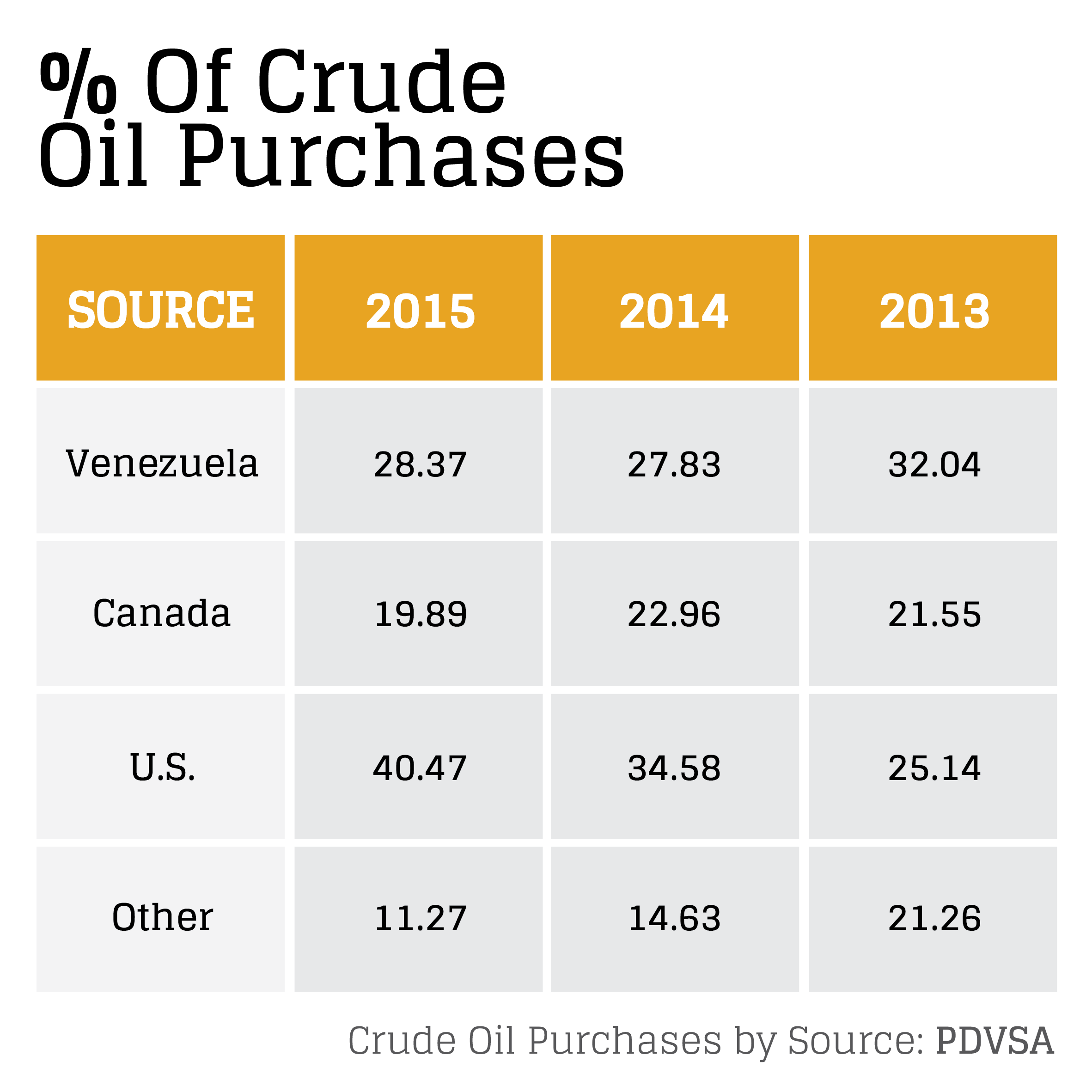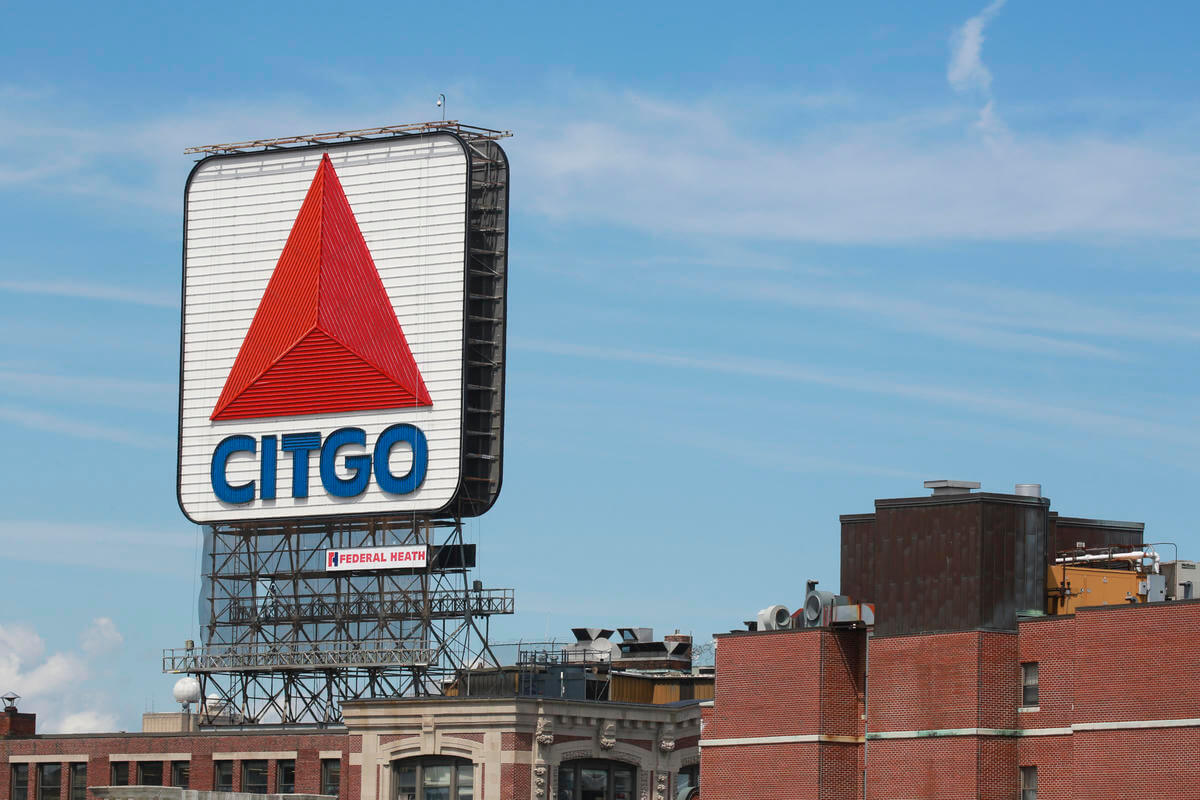Commodity Traders Turn to LNG as Big Oil Profits Prove Elusive
Gunvor, Vitol and Trafigura are doing for natural gas what they did in the oil market in the 1970s.
Updated on
With margins narrowing in the crude oil business, some of the world's biggest commodity trading houses are helping to reshape the energy industry with a drive into liquefied natural gas.
Gunvor Group Ltd., Trafigura Group Pte. Ltd. and Vitol SA have moved a step beyond trading LNG, investing in ships and terminals handling the fuel. That's accelerating the growth of the industry, moving more gas that traditionally has flowed through pipelines onto ocean-going tankers chilled to minus 162 degrees Celsius (minus 260 degrees Fahrenheit).
Those houses in the 1970s broke away from Big Oil's long-term contracts and created a market where cargoes change hands in the blink of an eye. Now they're turning their attention to LNG, where spot trading is rapidly expanding. The result is handing utilities from Centrica Plc to RWE AG more flexibility to buy gas, encouraging them to make the leap away from more polluting coal.
"It looks like a much younger crude oil market,'' Russell Hardy, chief executive officer of Vitol, said in an interview in Lausanne, Switzerland. "It is an area that can grow and that is a positive for us.''
The top three commodity trading houses active in LNG have more than doubled their delivered volumes over the past two years and took almost 9 percent of the global trade in 2018, according to data compiled by Bloomberg. Royal Dutch Shell Plc remains the industry leader with 22 percent and stakes in LNG plants and import terminals.
Other traders such as Glencore Plc and Koch Supply & Trading LP also are building expertise or looking to expand in LNG. Most trading houses set up their desks earlier this decade, while Vitol started back in 2005.





